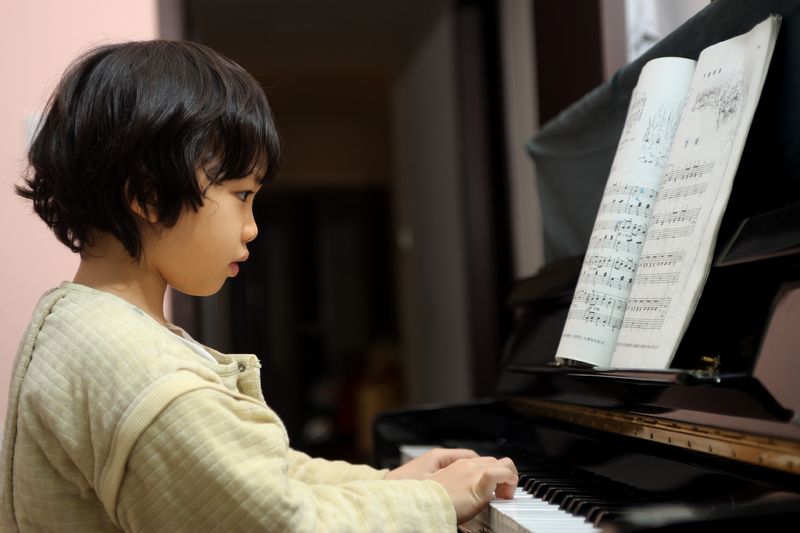Anyone who spent time in their childhood learning to play an instrument also spent time learning the basic essentials to music. This includes reading music, scales and elemental music theory. Even for people who no longer play the instrument they learned as a child, the ongoing benefits to this early training have been found to be better than originally thought.

Credit: © Raywoo | Dreamstime.com
I learned to play the piano at the age of 5 from my mother and grandmother. This led to some lessons and eventually to a love of other instruments. Though I was not a fan of the process at the time, I do see the benefits that those early years had on understanding song structure, the essentials to reading music, and the necessity of practice to achieve growth. It turns out there was more to it that were pluses for my childhood development.
A new study by University Of Vermont College Of Medicine finds that children and students who train on an instrument are end up having stronger memory skills, organization, and emotional control. Childhood issues associated with anxiety and attention deficits were not as high or as wide-spread for children who spent time learning music. The results of these findings should provide greater leverage for individuals and groups to encourage more music education for elementary-age children.
